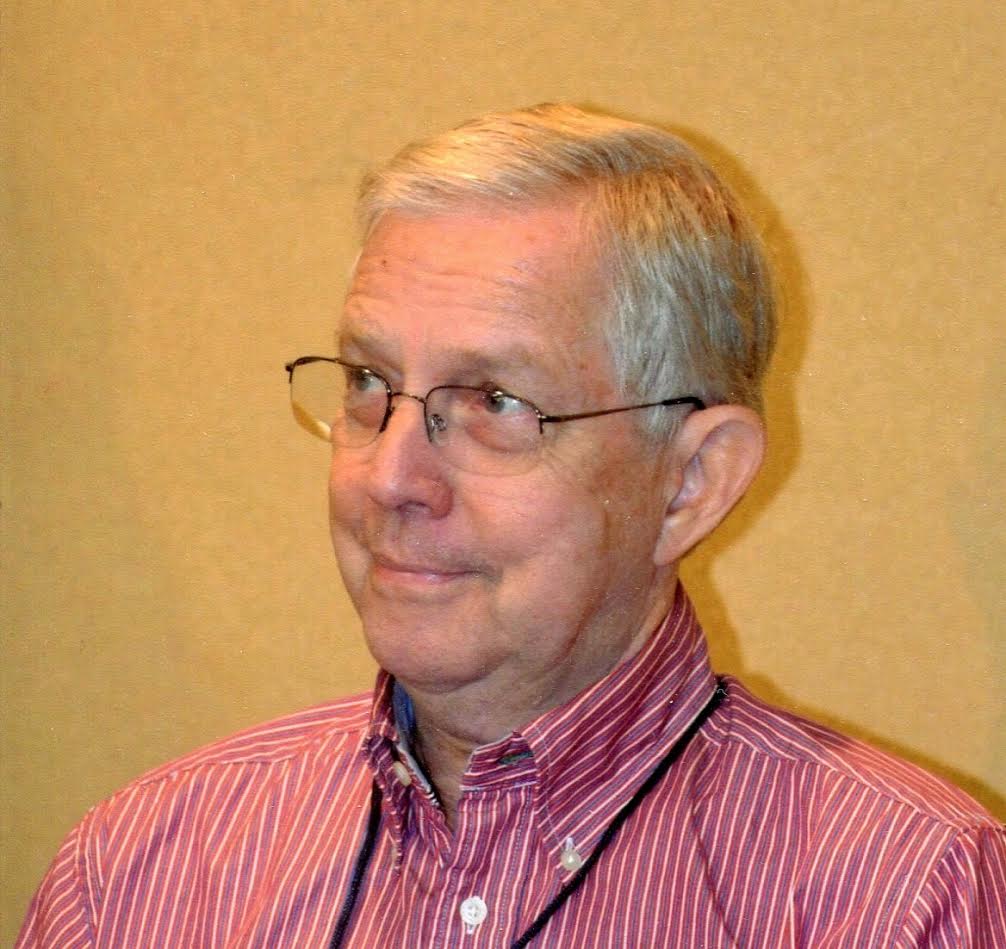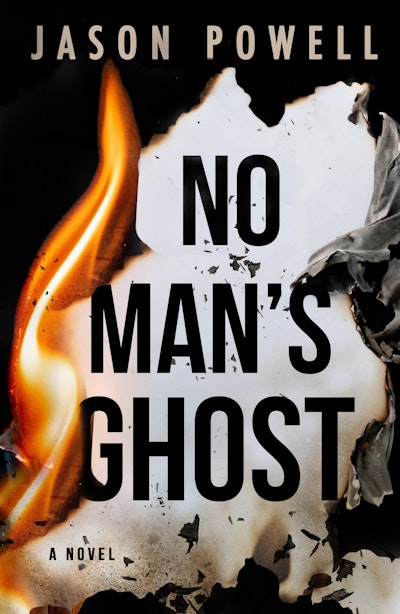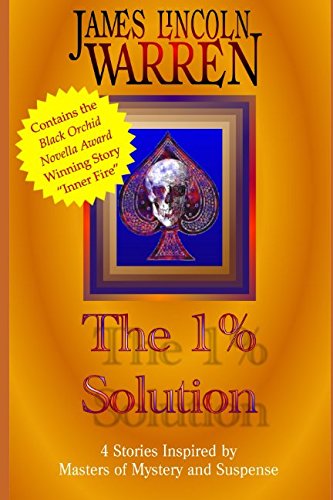 |
| Bill Crider |
Having a few health issues in recent months like throwing arterial fibrillations aka AFibs and finally had ablation surgery to get my heart back to more normal, I've been rereading some favorite authors. One of my all time favs was Bill Crider, and not just because Bill and his wife, Judy were Texans who also became close friends to both Elmer Grape and I for many years, but I personally am in love with Blacklin County, Sherrif Dan Rhodes. Growing up in Post, Texas where the Garza County Sheriff was our major law enforcement officer I could definitely relate to Rhodes. When Elmer and I opened our bookstore, Mysteries & More in Austin, Bill was our Grand Opening Event Signing Author. Then every time he had a new book come out, we invited to him come up fron their home in nearby Houston for a signing. July always came, too.
Bill also wrote everything from PIs to Westerns and Sci-fi to a College prof series and even a kid's book. He also wrote a jillion words in short stories published in countless magazines and anthologies. Bill once suggested he and I change our name to Minny Moore because we invaribly were both in the anthologies with big Name Authors, "Bill Doe or Jan Doe" would be named on the book's all impoetand FRONT cover then that next line always stating "with Many More." Then Crider and Grape were named on the back cover.
 |
| Angela Crider Neary |
The Criders had two children, now adult, Angela and Allen, I'd briefly met them but not until Judy's death did I begin a friendship with, daughter Angela, who came to Texas fairly often, looking in on Bill.
Since Bill's passing, my friendship with Angela has grown. I also claim her hubby, Tom Neary as one of my sons by another mother.
Angela had recently written to me that Bill's Sheriff books were being repackaged and I said "This is something I must learn more about and need to publicize. SleuthSayers is the perfect vehicle for me to do that.
JG: First Angela, please tell me about you and your family and writing background:
ACN: Angela Crider Neary was born in Texas to Bill and Judy Crider and currently lives in the California Wine Country with her husband, Tom Neary, and their extremely spoiled cat, Roxie.
I've been an attorney for 30+ years was inspired to write my first mystery novella about a cat detective who fancies himself to be the Sam Spade of cats, LI’L TOM AND THE PUSSYFOOT DETECTIVE BUREAU (THE CASE OF THE PARROTS DESAPARECIDOS), set in one of my favorite areas in San Francisco, Telegraph Hill (and, of course, inspired by having a dad for a writer!) The second book in the series is LI’L TOM AND THE PUSSYFOOT DETECTIVE BUREAU (THE CASE OF THE NEW YEAR'S DRAGON). The books can be enjoyed by ages ranging from 10 to100.
JG: Angela's also written short stories appearing in Ellery Queen Mystery Magazine, Bouchercon Anthology, and in Down & Out Books. See her Amazon Author Page for more information.
Angela and Tom are focusing on maintaining her father, Bill Crider’s, literary legacy by ensuring that his works are updated and available for both new and old readers to enjoy.
JG: Explain what you mean that's new about Bill's books?
ACN: In updating the Sheriff Dan Rhodes series, which includes 25 novels about a laid-back lawman in a small Texas town who solves crimes with humor and insight into human nature they've begun refreshing the series with a "mobile-first design" that features new covers, ebooks, and audio books, with a new release planned for every 4-6 weeks. https://www.sheriffdanrhodes.com/. You can find out more about the refresh here: https://www.sheriffdanrhodes.com/new
Additionally, the eBooks now have individual detail pages with links to all the places where they are available.
For example:
TOO LATE TO DIE (book 1 of 25)
https://www.sheriffdanrhodes.com/read/1
To change the link to another book, just change the number on the end of the link. Above the number is 1 for book 1.
SHOTGUN SATURDAY NIGHT (book 2 of 25)
https://www.sheriffdanrhodes.com/read/2
For book 2, just replace the 1 with a 2.
These web pages have sub-links to all the available places to find the eBooks: Apple, Amazon, Kobo, B&N, etc. Web pages for the entire series also feature:
- Book-Links to All Available Retailers
- Concise “1-line” Book Summaries
- Book Summaries
- Editorial Reviews (praise for Bill Crider)
This project is close to their hearts and they hope readers will continue to enjoy the series for many years to come.
 |
 |
 |
JG: As a kid did you realize what Bill did? Teacher and writer?? Did either one determine your path?
Growing up, Angela was always surrounded by books due to her dad’s collecting addiction and she has been an avid fiction reader all her life. Some of her most indelible memories are of spending hours upon end in used bookstores with dad while he browsed the shelves. From a young age, I was aware my father was an English professor. My brother, Allen and I would sometimes accompany him to his office in the “Old Main” building at Howard Payne University that seemed to our young minds more like a haunted house than a university campus administration building, with its Romanesque architecture, rounded arches, towers, and stonework. Her father would take Allen and I swimming in the university dorm swimming pool and to HPU Yellowjacket football games.
Regarding his writing career, Bill said in the Acknowledgements for his last Sheriff Dan Rhodes book that his daughter and son, Allen, “had to put up with a father who often sat behind closed doors in the evening instead of watching TV or playing board games with the family. They never complained maybe they were just glad to get rid of me for a while. But I like to think they understood what I was doing and forgave my absence.”
While Angela remembers him sequestering himself in his office to write, she never felt as if he was gone for too long or that he didn’t spend enough time with his wife and kids. He managed to carefully balance and accomplish both writing and time with friends and family.
JG: I mean this as a compliment, but know I'm not the only one to sense this Texas sheriff's character being this, "Aw shucks ma'am. It weren't nothin'," as Rhodes kinda digs his boot toe into the dirt. I think Bill even says those words in his first book. Was that part of Bill's actual nature or did he deliberately create this persona?
ACN: I never asked Dad about the inspiration for the Sheriff Dan Rhodes or his persona. I believe this is because when I read the books, I really do always pictures Rhodes as having a personality and nature similar to my father. Bill may not have intended to base the Sheriff Dan Rhodes character on his own characteristics, but it may have been a natural outgrowth of his disposition and how he viewed the world. Dad grew up in a small town and raised his kids in one, too, so I always pictures these locales while reading the Sheriff Dan Rhodes books, although Clearview Texas, where Rhodes is the sheriff, is a fictional town.
JG note: I hope all y'all enjoyed reading this update but must remind you I have about the same cyber smarts as a west texas horned toad or perhaps an armadillo. If you have technology how-to questions, don't ask me.





















.jpg)









